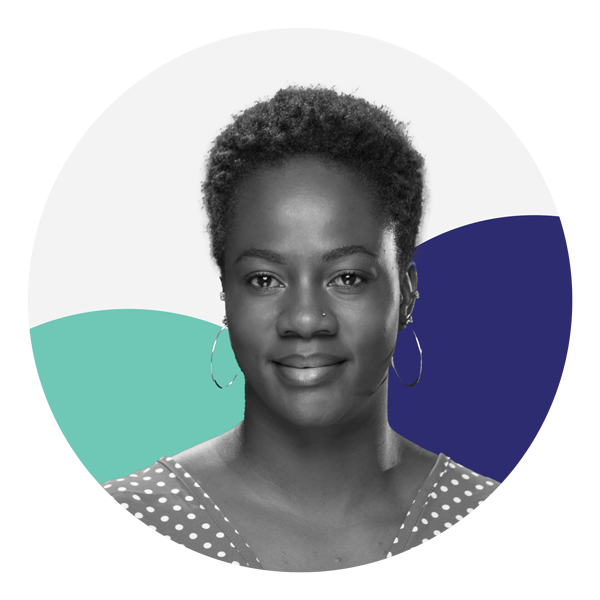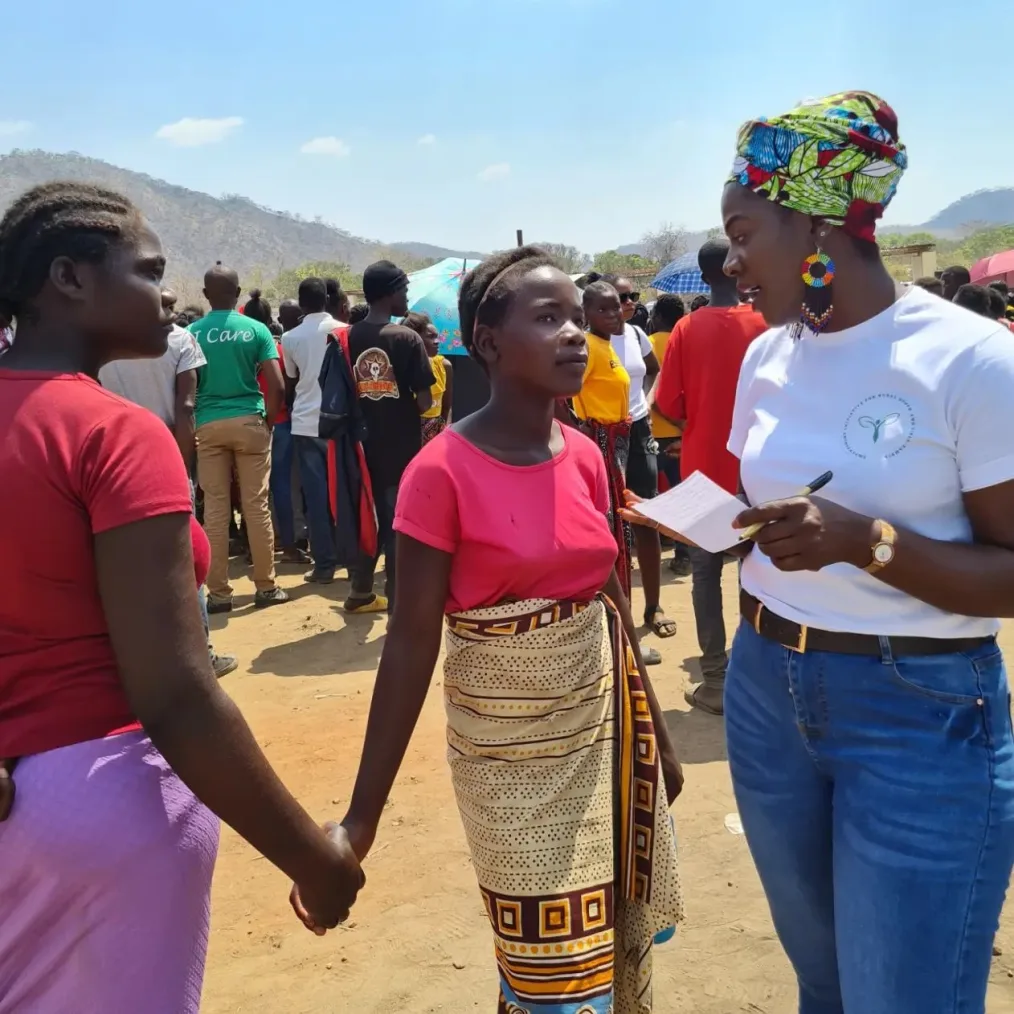Obama leader empowers women and girls in Zambia’s rural communities
In 2017, Ireen Chikatula, a 2023 Obama Foundation Africa Leader , served as a health worker in rural Zambia. It was then she learned of the collective challenges women and girls face in Zambia’s rural communities.
Chikatula says she wanted to make a lasting impact on her community. Hence, she founded the Empowerment Initiative for Rural Women and Girls, a non-profit organization focused on improving the livelihood of women and girls in Zambia’s rural communities through social and economic empowerment.
“The remoteness directly impacts rural community dwellers because of the widened inequality gap. These residents bear the consequence of the unequal wealth distribution in Zambia. They have limited access to empowerment, employment opportunities, and education,” Chikatula said. “Restrictive gender norms create an uneven balance of responsibilities which hinder women and girls from making meaningful contributions to personal, social, and economic development.”
Chikatula says her work advocates for the dismantling of restrictive gender norms at the community level.
“To win this fight, we need to create a paradigm shift by engaging men as allies, moving from the age-old perceptions and outdated concepts of masculinity and gender, and embracing new behavior models that replace oppression, dominance and violence,” she said.
Her desire to drive change in Zambia’s rural communities stemmed from her own childhood experiences. Chikatula was raised by a single mother who was stifled by the
realities of poverty and this directly affected how she could provide for her three children.
“When I moved to a rural community, it baffled me to find that the narrative for girls had changed, for the worse, compared to what I went through as a young girl. Typically, girls are caught up in a vicious generational cycle where things like motherhood and wifehood define life’s purpose,” Chikatula said. “They can’t imagine how getting an education can be directly linked to better health and life outcomes and the attainment of certain freedoms.”
Through her nonprofit work, Chikatula has been able to empower women and girls by providing access to economic opportunities and education. Her organization addresses the issues of poverty, climate change, sexual reproductive health rights, provides advocacy and leadership training for adolescent girls, and business training and coaching for rural women.
“We measure our success in our programs through key indicators like participants’ ability to read, write, calculate, and apply technical skills in the development of social and economic activities,” she said.
Chikatula says her involvement in the Leaders Africa program has allowed her to connect with like-minded leaders and reclaim her sense of purpose.
“Through the Obama Foundation Leaders program, I have been able to closely engage with fellow leaders, learn about their work, share success stories and challenges, and also brainstorm on how we can leverage what we have together to create social change and drive Africa towards the future we want,” she said.
As Chikatula’s fight continues, her hope for women and girls is simple.
“My hope is that women and girls will have access to spaces which allow them to participate in leadership roles and equip them with skills that enable them to advocate for positive change,” she said.


